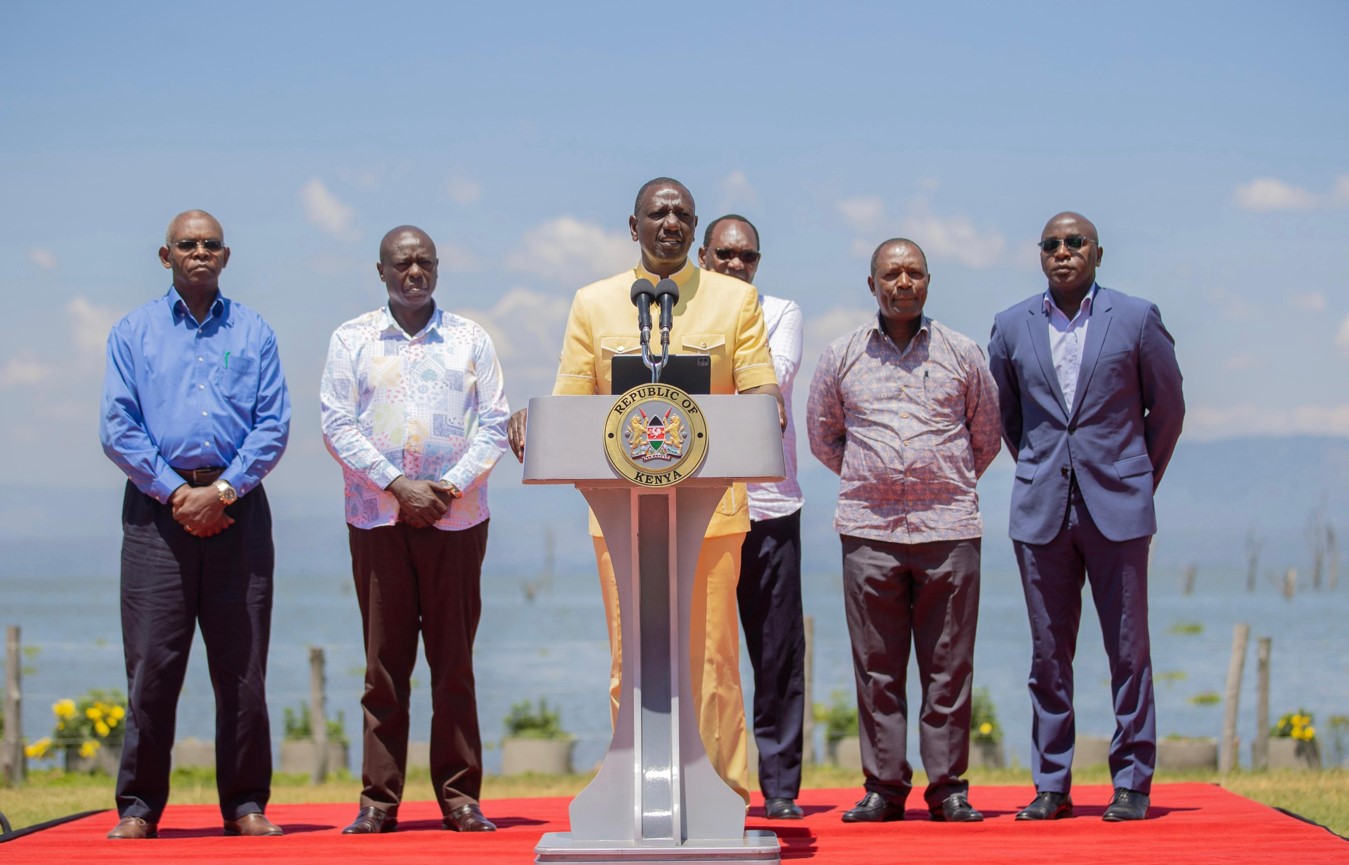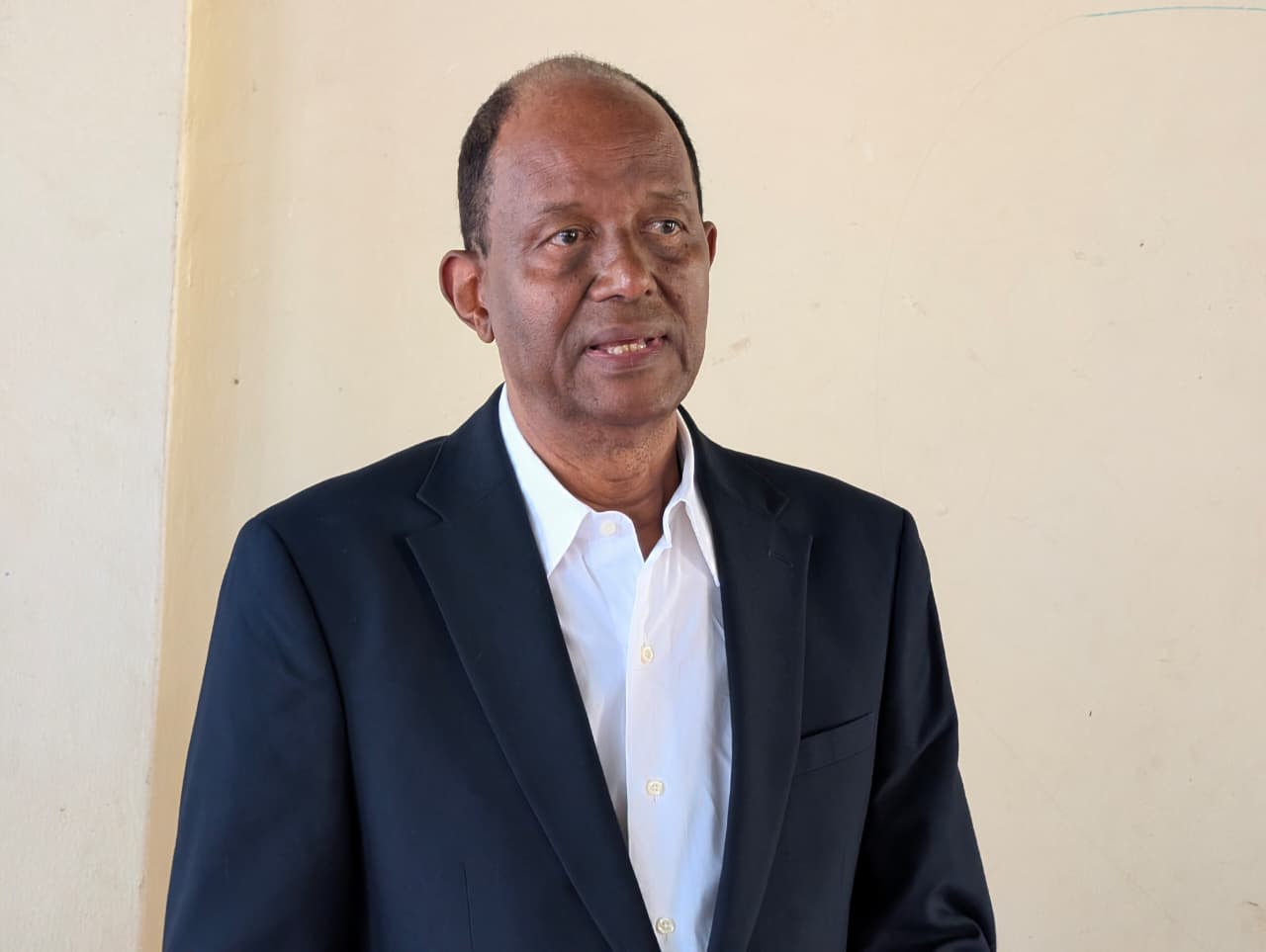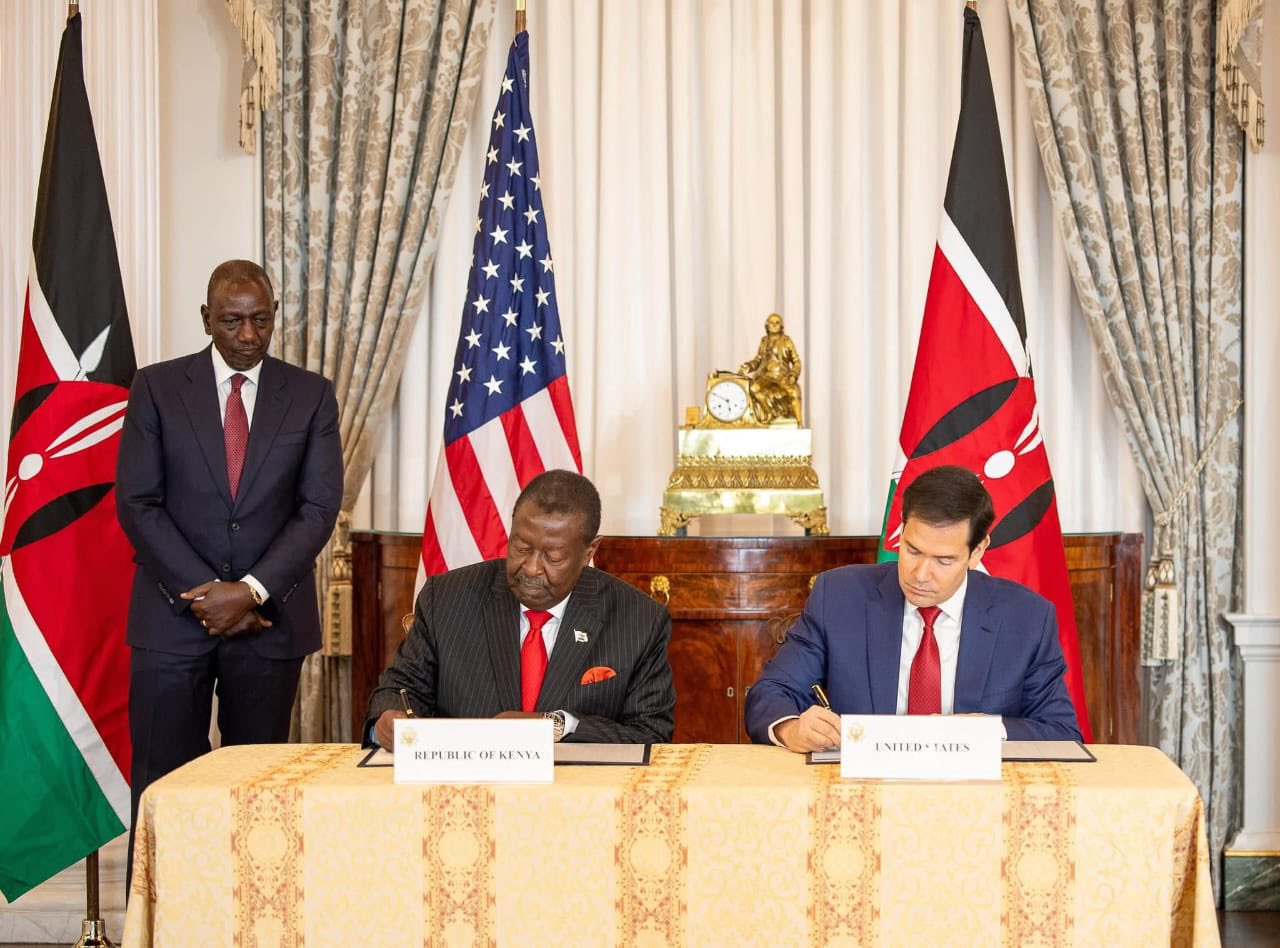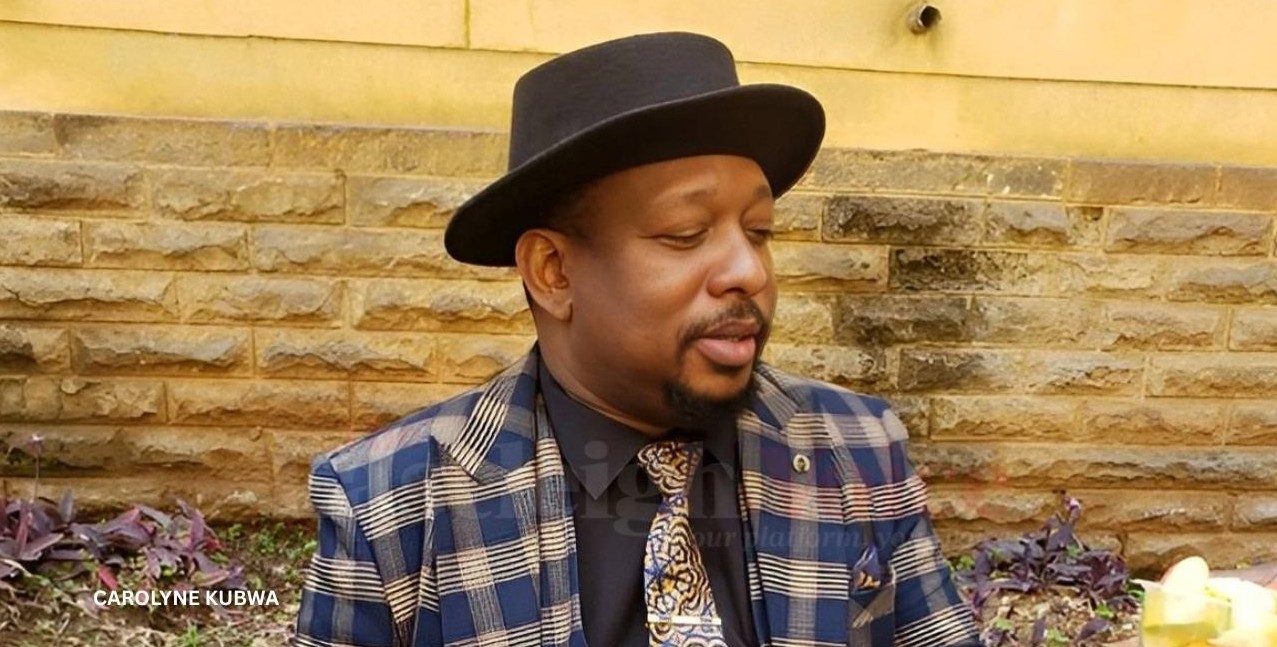Kenya repays part of $2bn Eurobond, eliminates debt default risk

Kenya used the $1.5 billion it raised on February 12, 2024, in the Eurobond buyback issue to make the payment, thereby eliminating the risk of debt default.
President William Ruto announced Wednesday that Kenya had settled a substantial part of the $2 billion Eurobond, which was to mature in June 2024, describing this as a significant financial milestone for the country.
In a statement to newsrooms, the President said Kenya used the $1.5 billion it raised on February 12, 2024, in the Eurobond buyback issue to make the payment, thereby eliminating the risk of debt default.
More To Read
- Kenya, US sign Sh208 billion health cooperation deal to transform to strengthen primary care, services
- Kenya adopts Women Entrepreneurs Finance Code to close gender financing gap for women entrepreneurs
- Ruto backs IMF partnership as key to Kenya’s debt, economic reforms
- Tough decisions stabilised the economy, saved Kenya from shame – Ruto
- Ruto and Oburu strengthen UDA-ODM alliance after by-election win
- Ruto unveils Sh400 billion mega dam plan to turn North and Coast regions into Kenya's new food basket
"The successful execution of both the buyback and the new bond issue demonstrates strong investor confidence in Kenya through the international capital markets, and is a vote of confidence in the government's overall economic management, particularly our public debt management strategy," he said.
The President explained that the decision to pay part of the debt was the culmination of the tightening of the monetary policy and debt management strategies.
In the interest of sound debt management, the government implemented a combination of strategies, including the diversification of financing sources, the smoothening of maturity profiles and the proactive management of debt liabilities in general.
Thus, it maintained a low cost of debt and ensured debt was sustainable at all times.
"We have pursued a turnaround strategy focused on increasing our tax revenues and reducing both spending and the rate of debt accumulation. Throughout this process, we have been guided by the principles and values of equity, fairness, and prudence in public spending without sacrificing priority social and development funding," said Ruto.
"I am delighted to announce that our sacrifices and determined efforts have not been in vain. As a consequence of our commitment to sound debt management strategy, fiscal and general economic management policies, and the tightening of our monetary policy by the Central Bank of Kenya (CBK), investor confidence has been significantly enhanced," the President said.
He said this confidence was the reason the Kenya shilling had appreciated against the dollar, from Sh162 to Sh142.
"In turn, this has reduced our overall debt by Sh722 billion, and also reduced our debt service costs by Sh195 billion over the next six years, saving the country a total of Sh917 billion," he said.
Ruto attributed the recent steep decline of the shilling to "adverse developments in the international monetary system and disruptions in the global supply chains".
He welcome the settlement, noting that in September 2022, when he took office, Kenya was experiencing a simultaneous reduction of revenues as a percentage of the gross domestic product (GDP) and the increase of debt as a percentage of GDP. These, he noted, caused a fiscal deficit, which led to an unsustainable expansion of Kenya's debt stock.
"External factors, such as adverse developments in the international monetary system and disruptions in supply chains, further compounded the situation, resulting in a steady weakening of the shilling," he said.
Data from the CBK indicates that Kenya's total debt stood at $76.1 billion at the end of 2023, with external debt comprising $41.7 billion of the amount.
President Ruto said another indicator of investor confidence was the performance of the recent issue of the Eurobond, the Infrastructure Bond and increased liquidity in the market.
"As a result of robust measures to enforce fiscal discipline and implement prudent debt management, the successful turnaround has pulled Kenya away from the brink of debt distress, put our finances in good working order, and established the necessary conditions to execute the bottom-up economic transformation agenda on a sound footing," he said.
The President that Kenya's economy is thus set to grow, creating more jobs, wealth and investment in public goods and services.
Top Stories Today












































